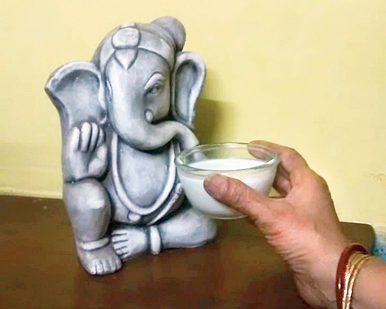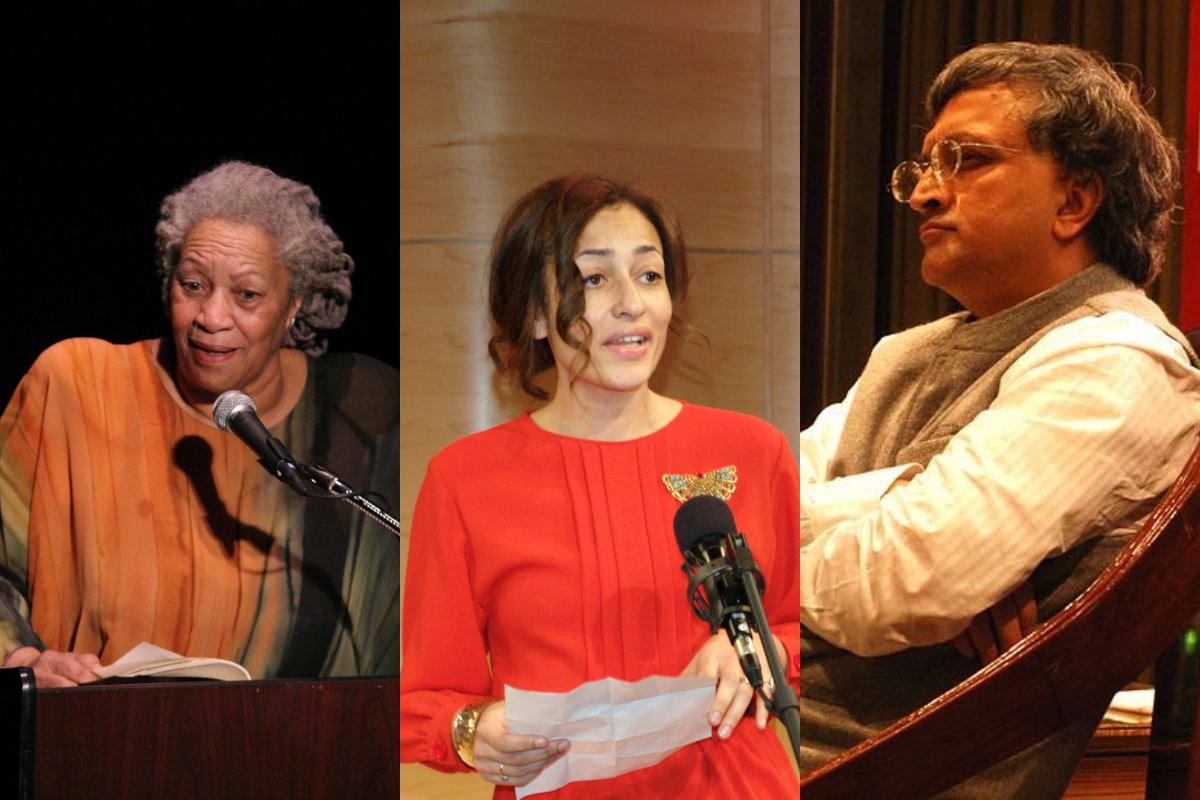In the Prologue, Dabholkar condemns a similar kind of complicity of the educated segments of society, be it the media or public leaders, in spreading — or, at least, not objecting to the spread of — superstitions for the sake of material benefits. Here, he raises important questions, leaving readers hoping that he would elaborate on these. But the rest of the book, divided into two sections, is dedicated to dispelling the many irrationalities that plague the nation. Like a patient teacher, Dabholkar sets about shedding light on the mysteries of existence which seem like supernatural occurrences to those without access to — or should one say those who have not been given access to? — scientific education. What Dabholkar says might seem basic to many, but one must keep in mind that his intended audience comprise people who would be unfamiliar with even such rudimentary knowledge and are thus easily taken in by the charlatans and their sleights of hand that the rationalist exposes.
Dabholkar uses reason and presents concrete scientific data — the depth and roundedness of his erudition are striking — to reveal the hollowness of a myriad incredible practices like astrology, vastushastra, black magic, godmen and so on. Surprising, and rather disappointing, is the bit about why “frustrated [one wonders what the original word used by Dabholkar was] women” fall prey to godmen. The rationalist puts the entire onus on women, whose dissatisfactory sex lives, according to him, draws them to the “amoral” company of godmen. Such an imbalance in assessment — prejudice, even — sticks out amidst the clinical precision of the rest of Dabholkar’s analysis.
But it is when analysis gives way to case studies that the book becomes most interesting. Not only does Dabholkar’s wry humour shine through, but he also enumerates the difficulties faced on the ground. Take, for instance, a Muslim Samiti volunteer faced with a crowd convinced that Ganesha idols were drinking milk. Careful to not hurt sentiments, he reasoned that surely the god of intelligence would not risk drinking milk through his trunk and have it enter his lungs and endanger his life. These cases also paint a rather grim picture of contemporary India, where people are still under the grip of unreason. Dabholkar and his peers tried their best to set them free. But “they would not listen, they’re not listening still/ Perhaps they never will”.
The Case for Reason: Understanding the anti-superstition movement, By Narendra Dabholkar, Context, Rs 699
Fear,” said Bertrand Russell, “is the main source of superstition... To conquer fear is the beginning of wisdom”. These words could well have been spoken with Narendra Dabholkar and his beliefs in mind. A physician and rationalist, Dabholkar founded the Andhashraddha Nirmoolan Samiti and was gunned down near his house in 2013 in what is turning out to be a sinister plot to silence the voices of reason. Dabholkar’s magnum opus, Timiratuni Tejakade, has now been translated into English as The Case for Reason by Suman Oak. It is sad that such a translation was apparently ready during Dabholkar’s lifetime, but it took his posthumous fame as the victim of a political conspiracy to convince people that his writing deserved an audience outside Marathi-speakers.












